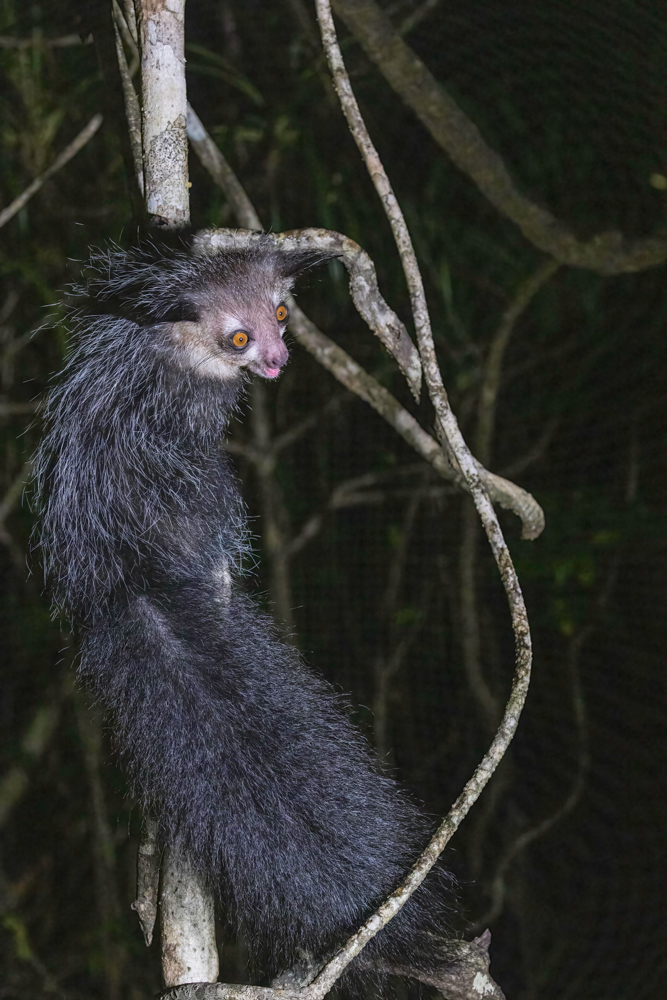Thursday, May 26, 2022 -
A full day began with a hike into the forest behind the hotel and I soon came upon several Indri lemurs.
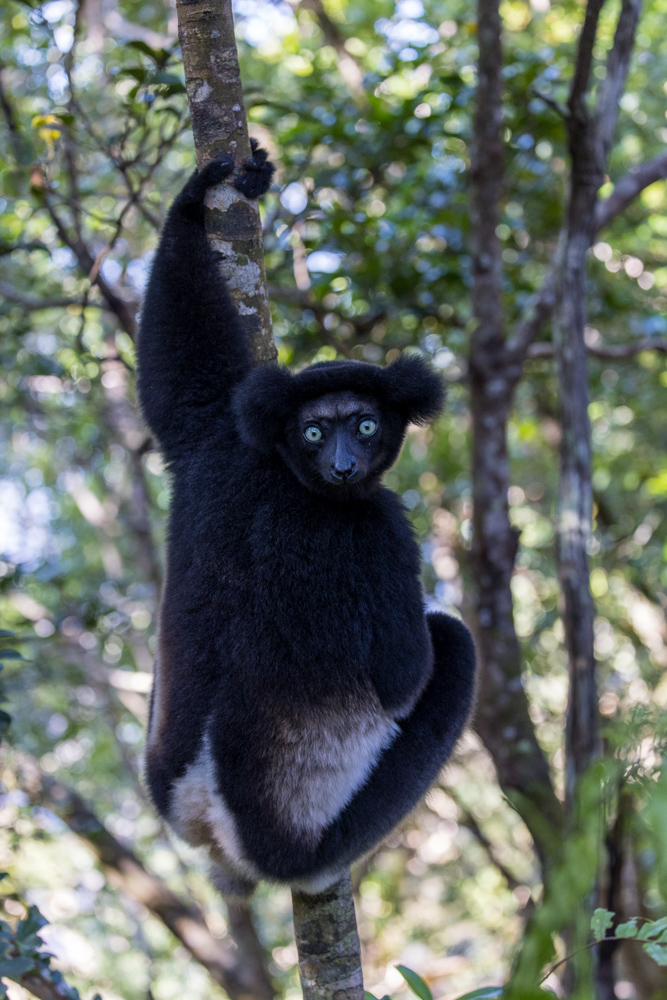
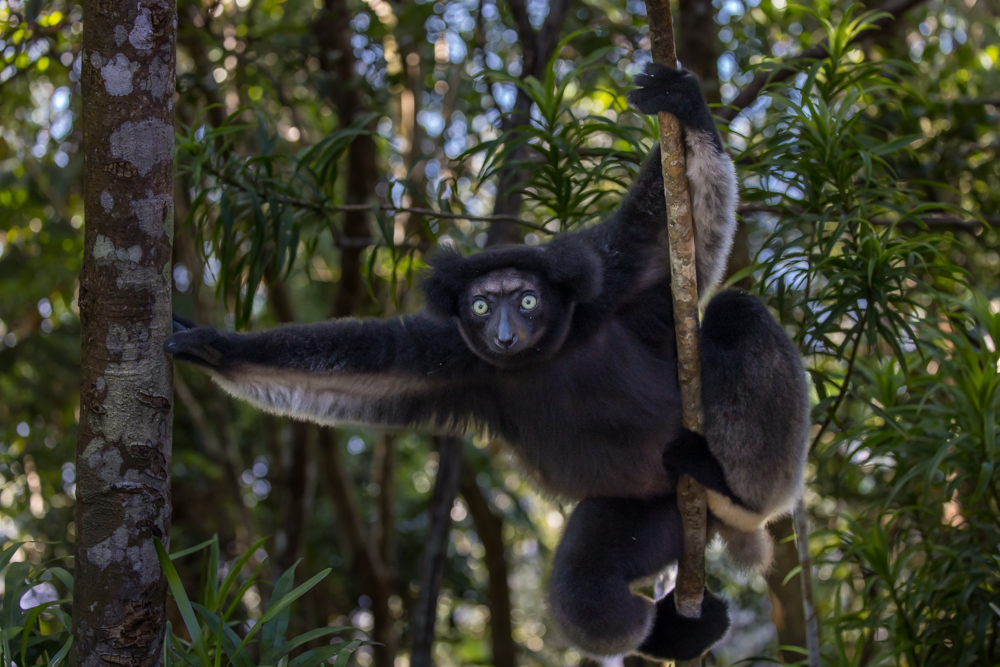
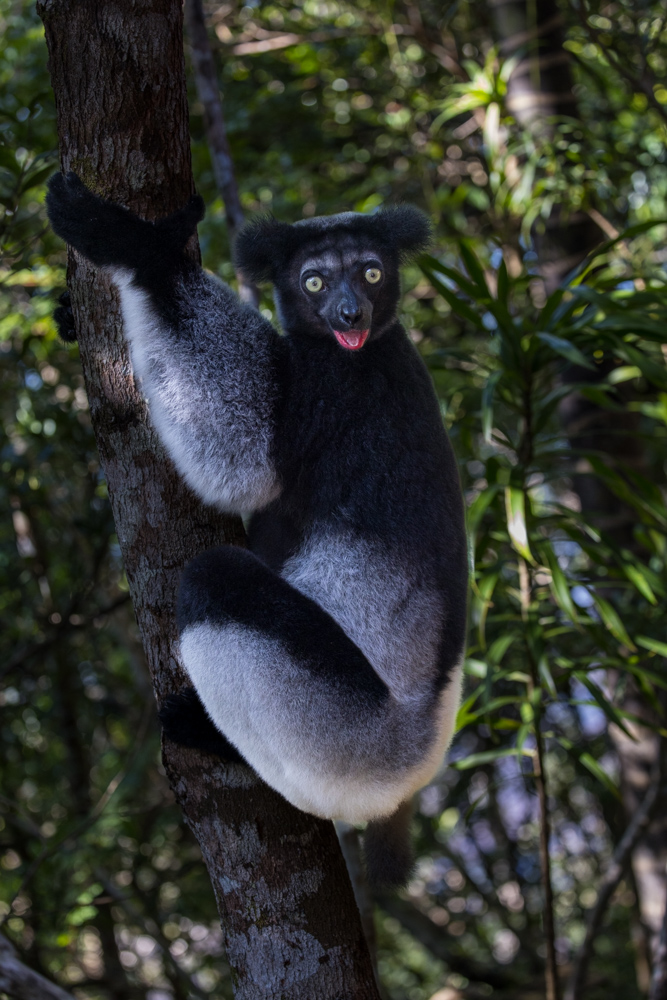
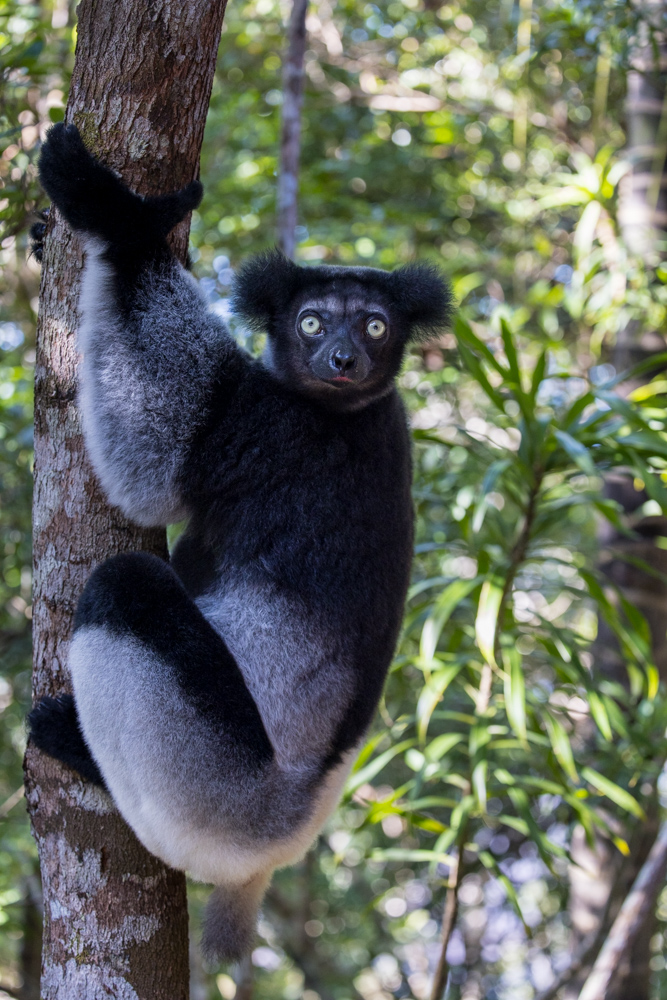
The Indri calling out to his friends
We were photographing this Indri when all of a sudden the Indri started their calls to each other.
You may need to turn up the volume to hear the calls.
We were photographing this Indri when all of a sudden the Indri started their calls to each other.
You may need to turn up the volume to hear the calls.
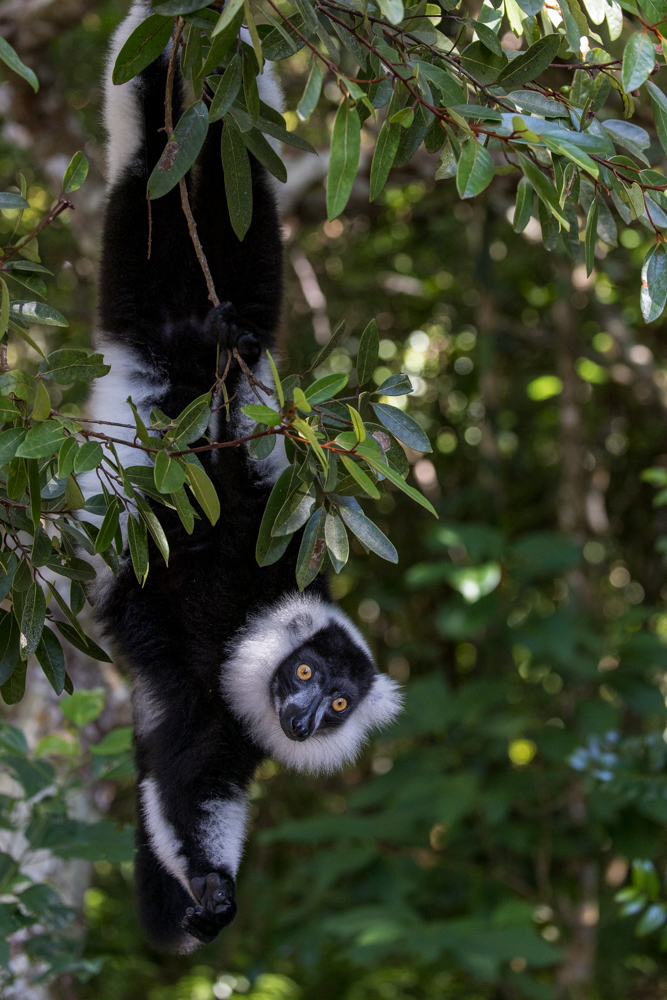
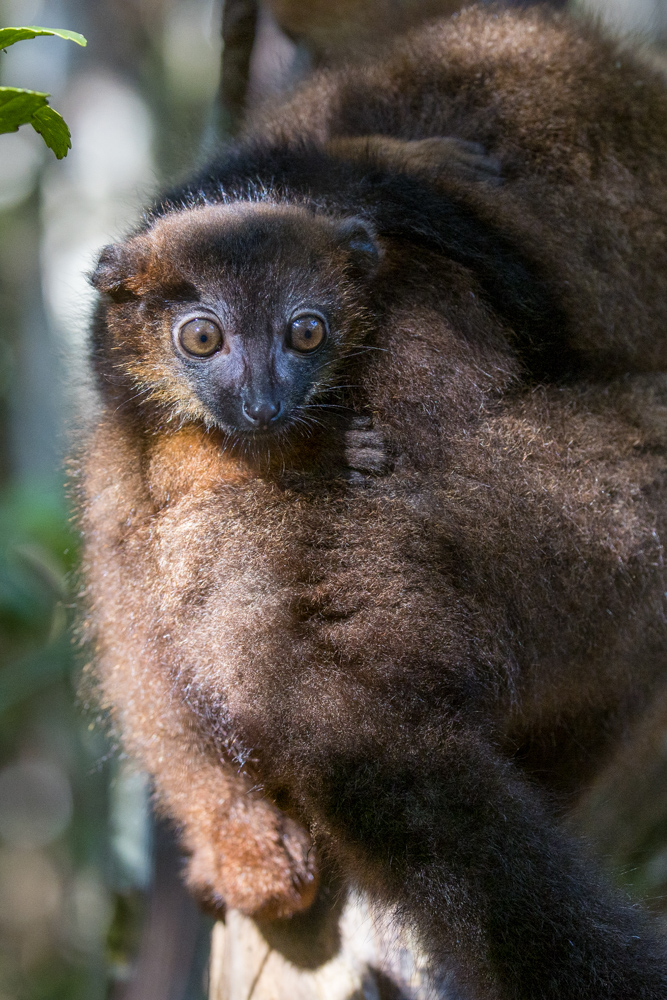
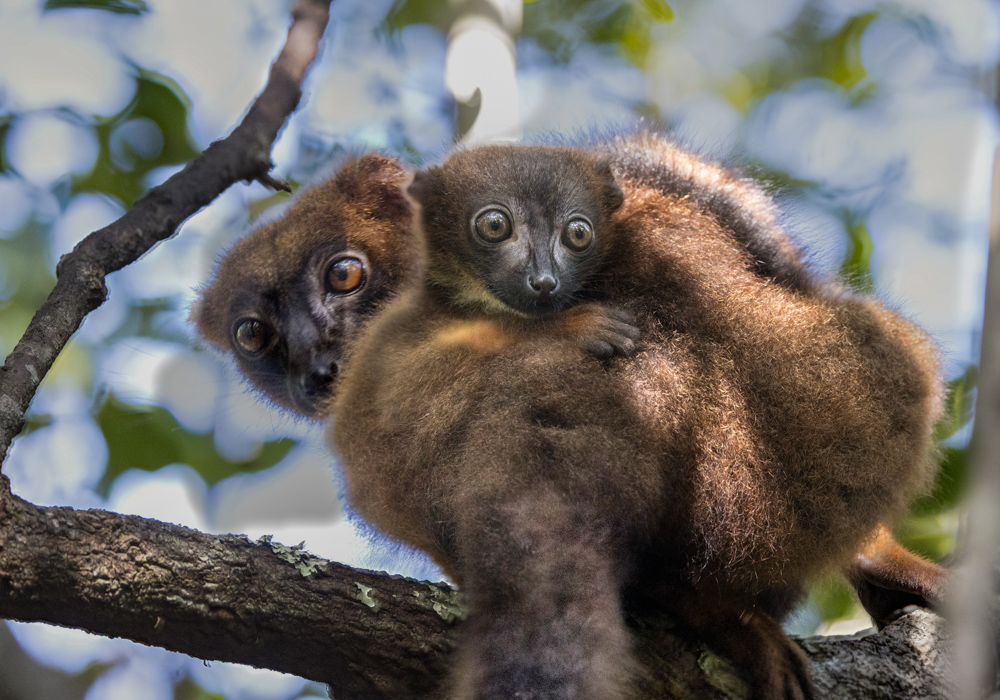
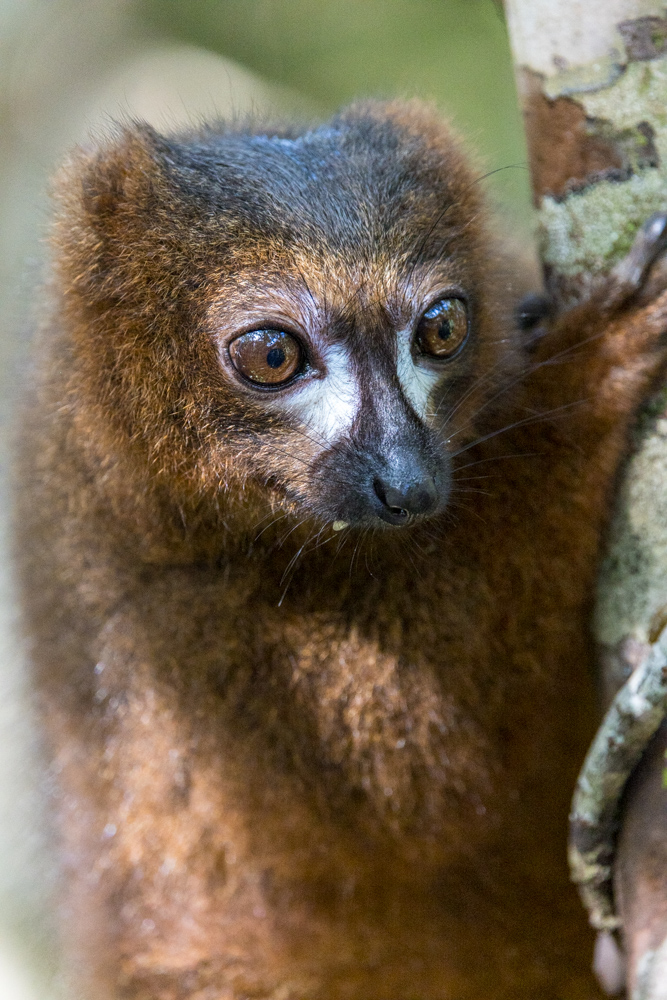
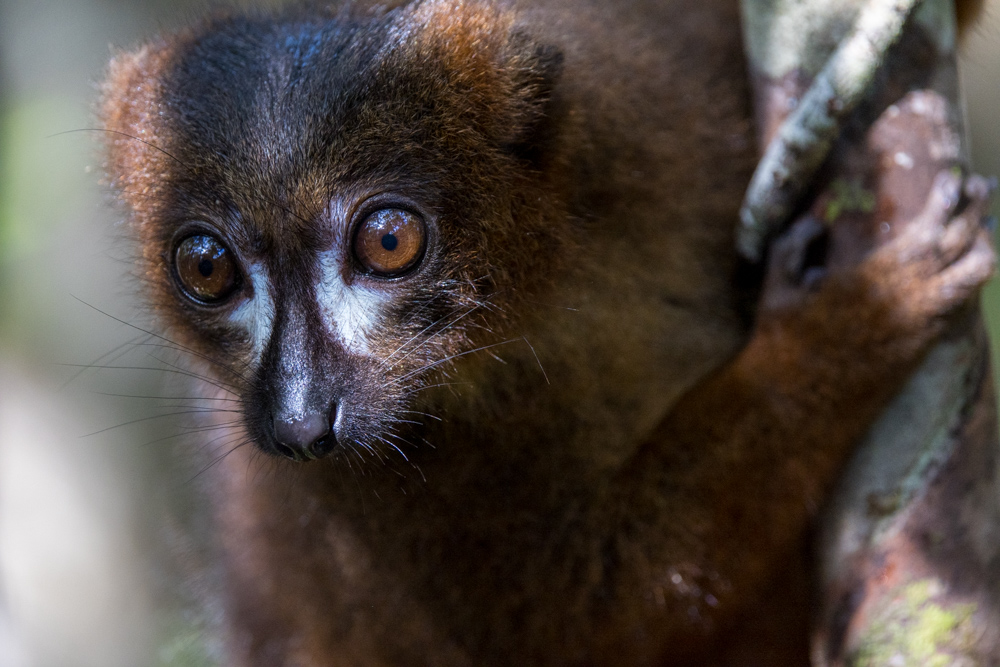
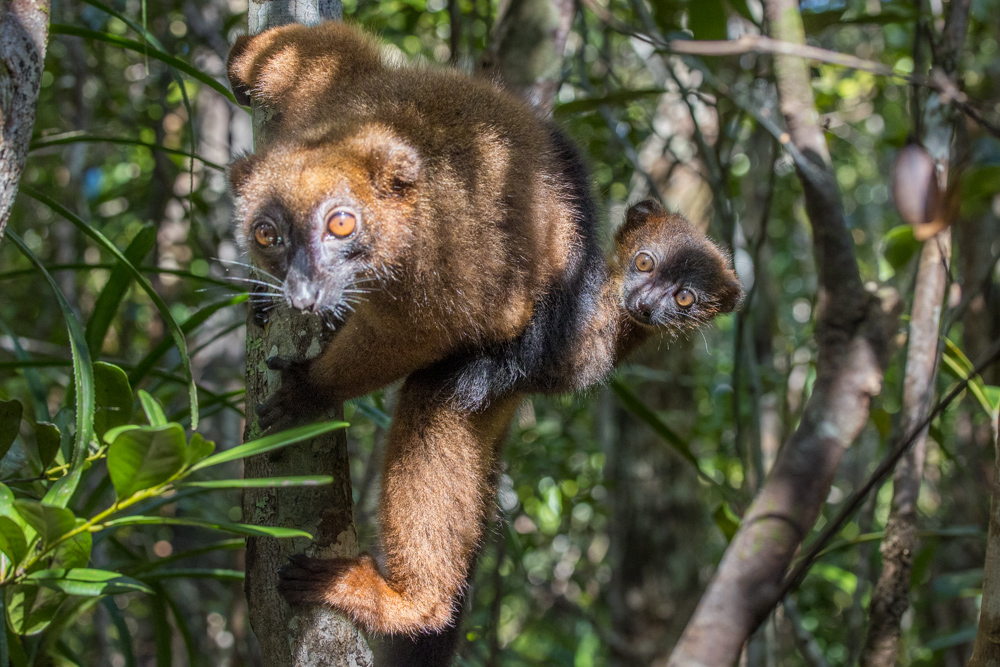
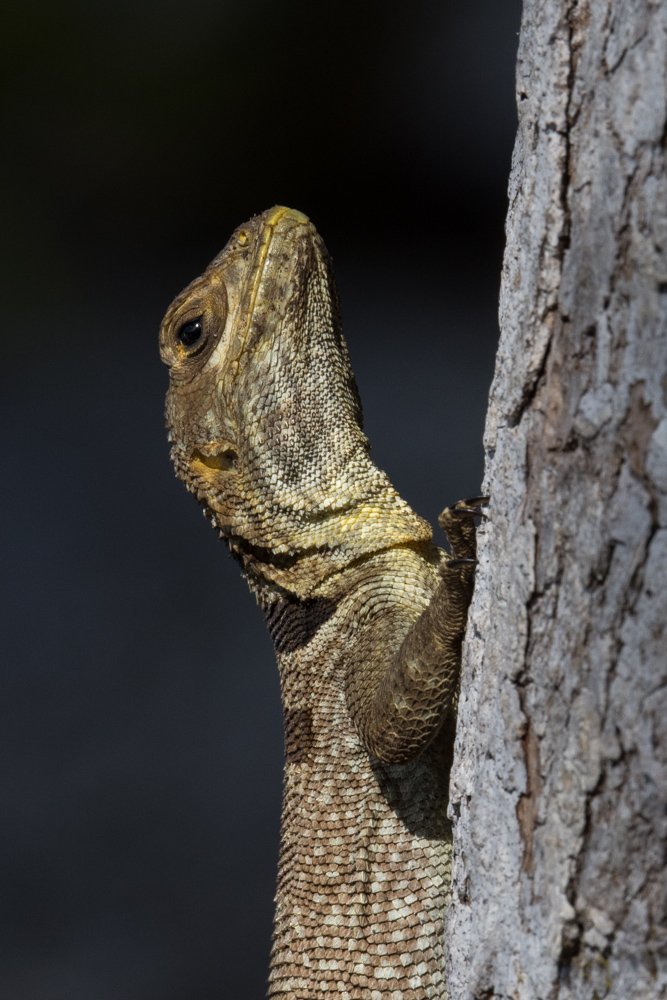
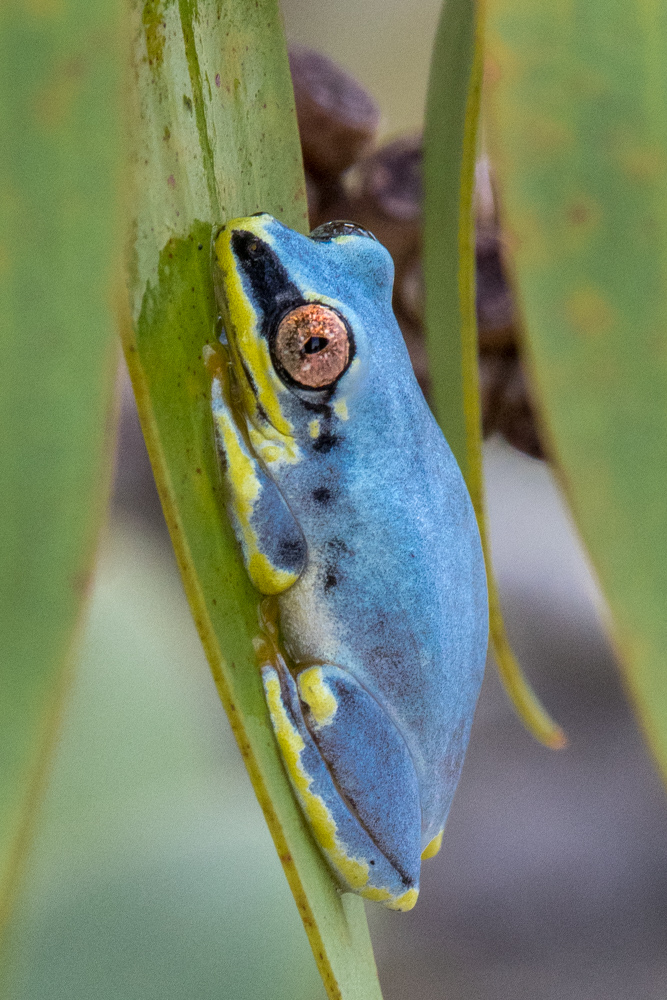
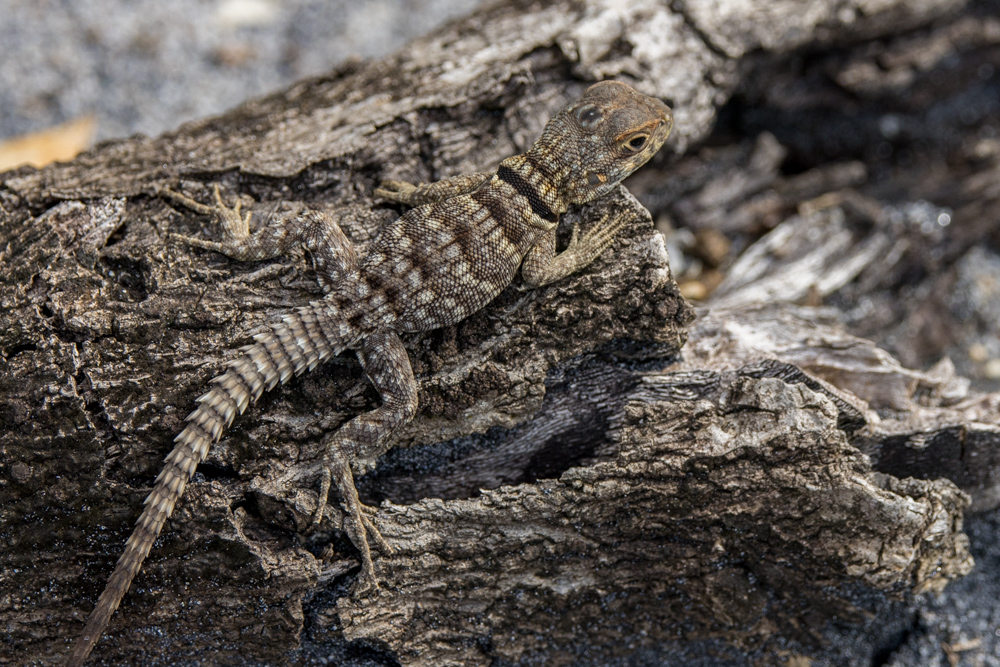
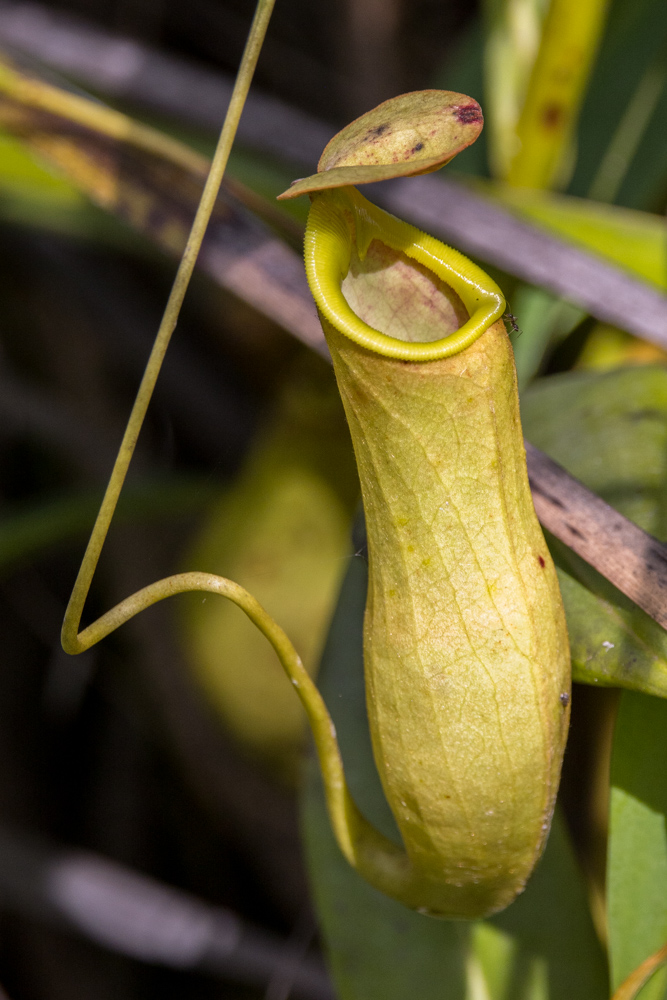
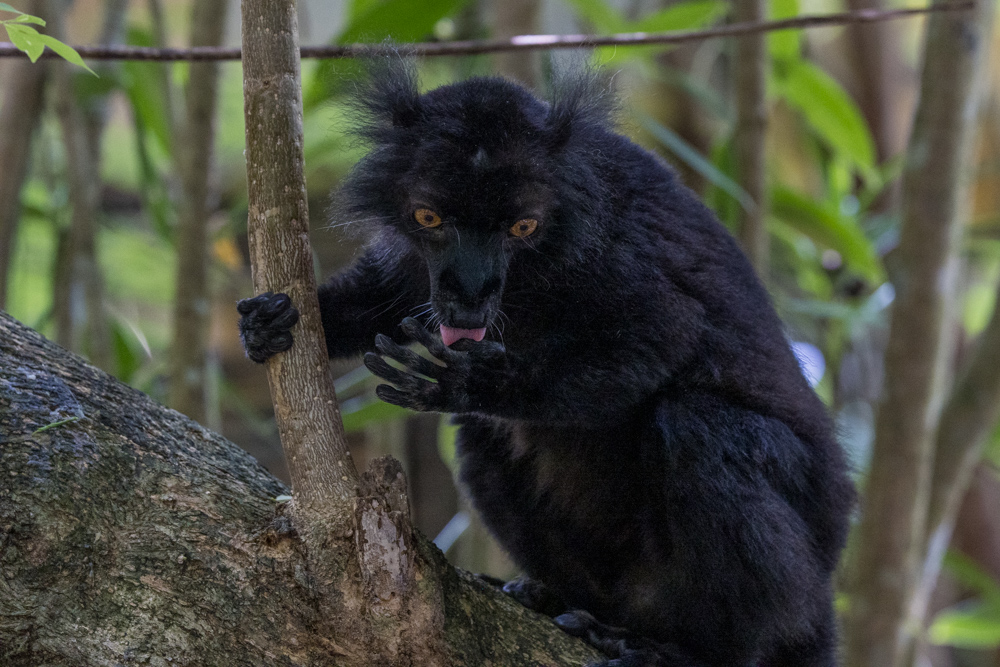
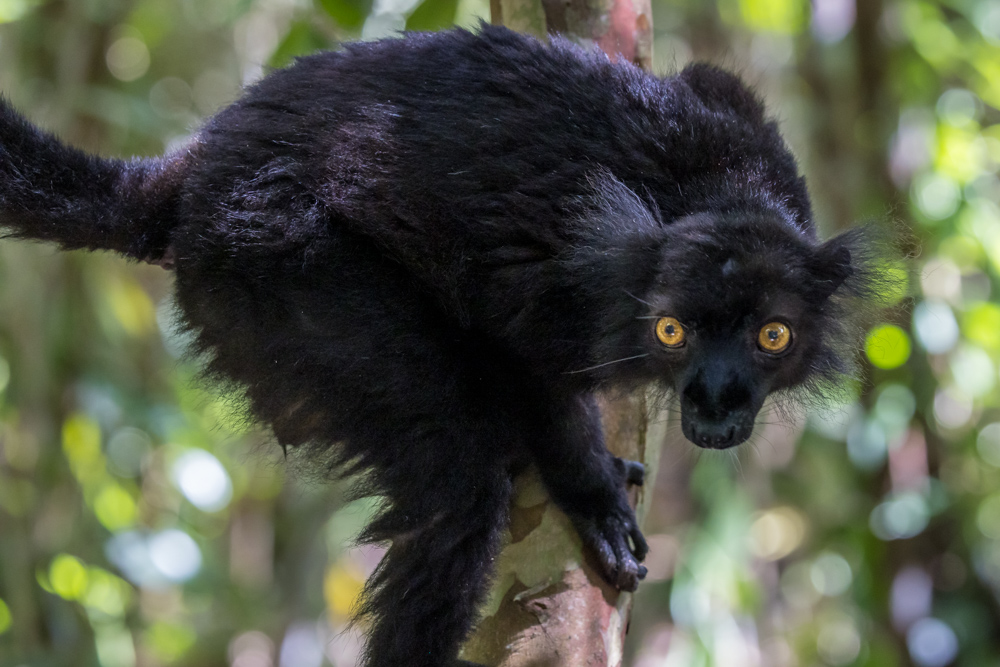
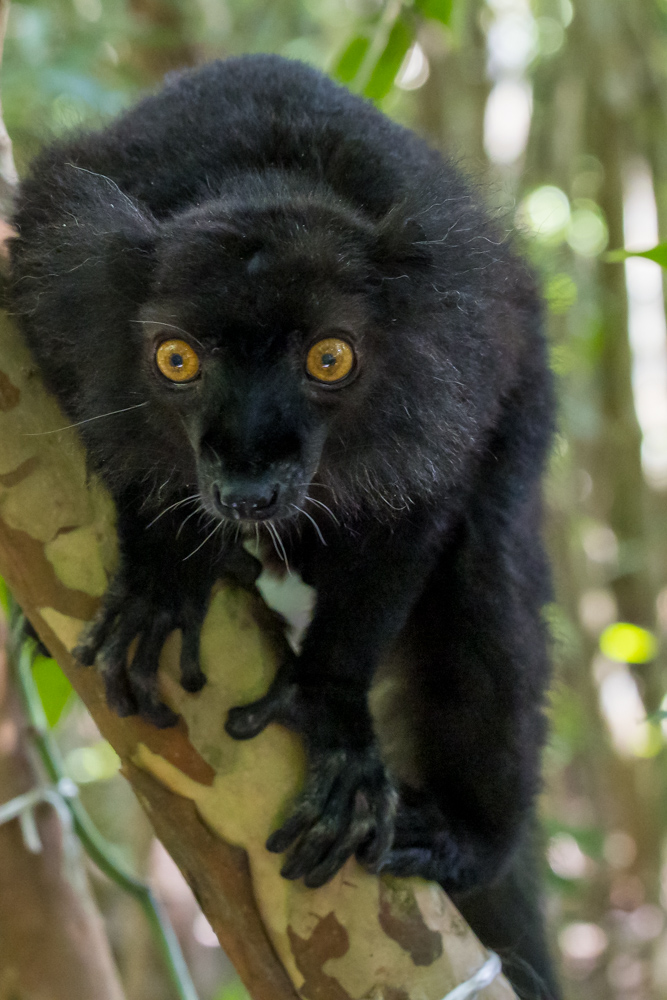
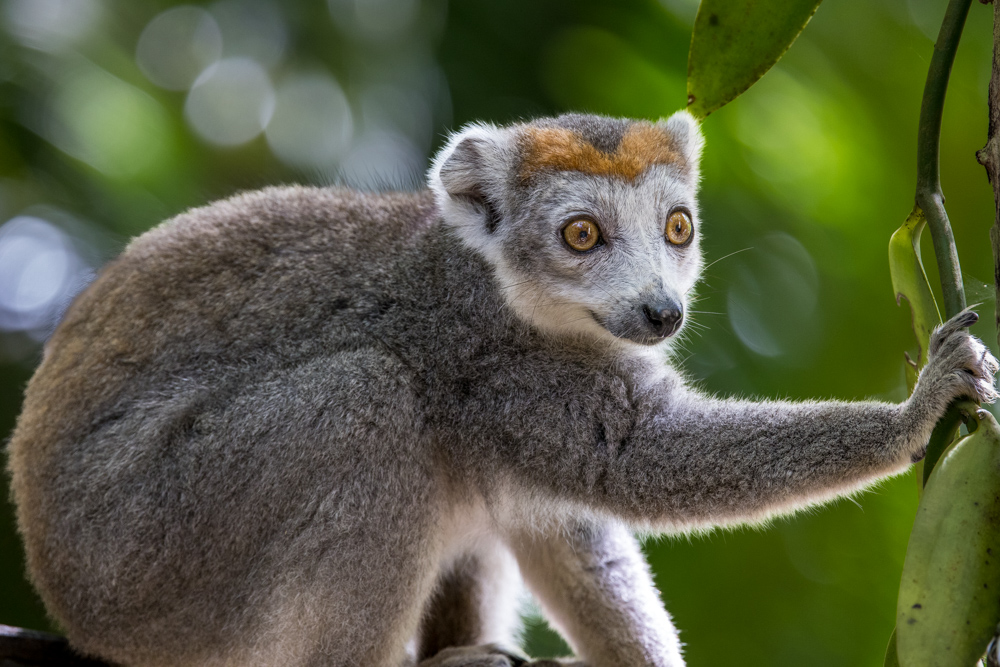
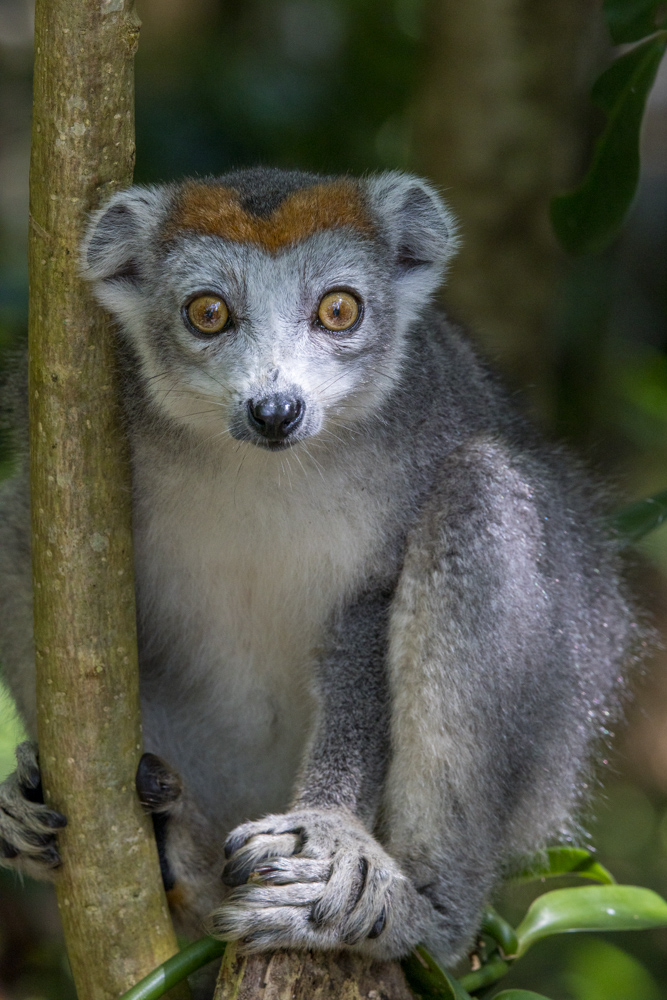
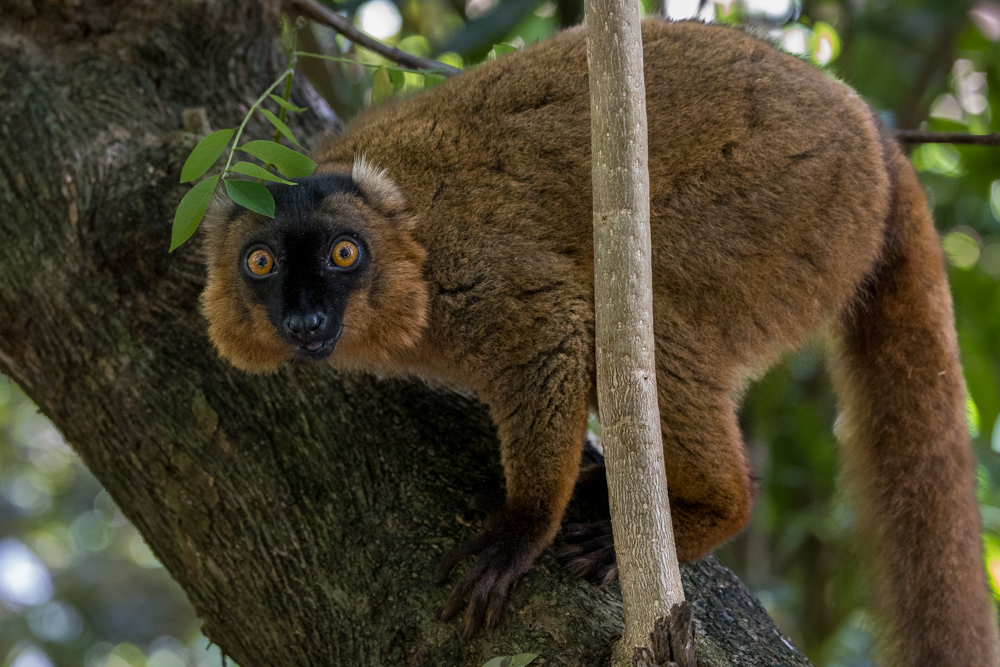
The Collared Brown lemur shows great dietary flexibility, feeding on fruits from over 100 plant species. It is also active both day and night throughout the year.

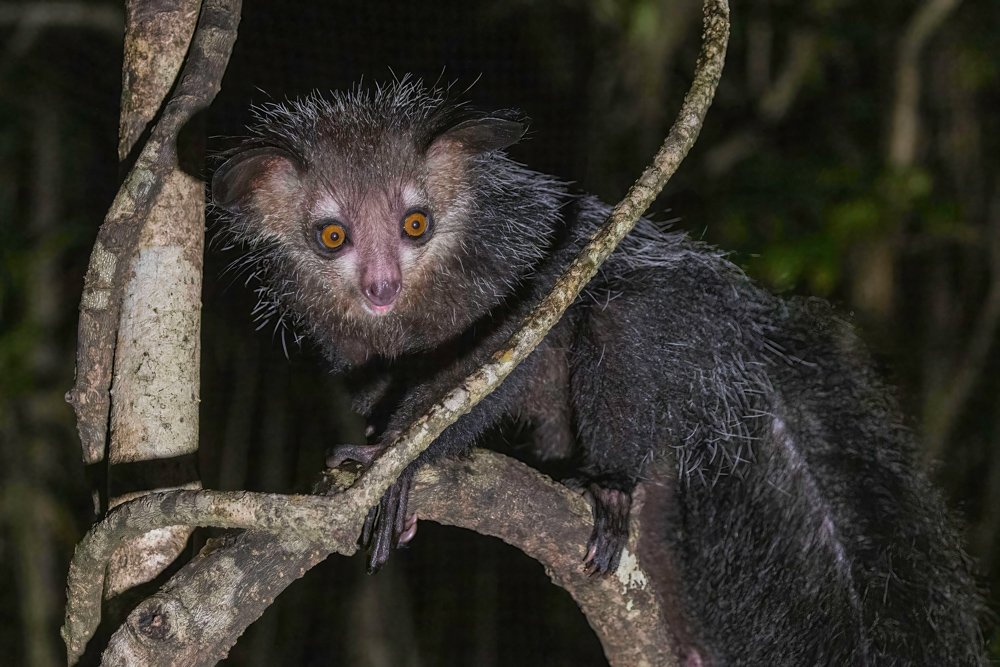
The Aye-Aye is often viewed as a harbinger of evil and death and killed on sight. Others believe, if one points its narrowest finger at someone, they are marked for death. Some say that the appearance of an Aye-Aye in a village predicts the death of a villager, and the only way to prevent this is to kill it.
